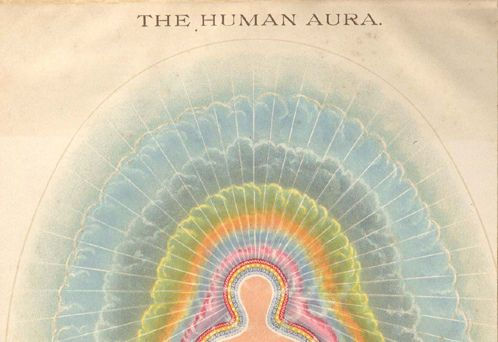The Holistic Perspective Composition of a Person
Feb 15, 2022
A human being consists of three parts or levels: a body, a soul and a spirit:
The body is the entire physical structure of a person; everything that one can see with physical eyes when looking at a human being.
The soul is defined as the conscious intellect, the will, and the emotions of the human being.
The spirit is defined in various ways by various belief systems.
For the Christian it is the “breath of God”.
For the New Agers it is a sacred part of the self that is not limited by the physical body. And to the sociologist the matter and the spirit are only different expressions of the same reality.

Humans therefore are tripartite beings; we have separate parts – the body, the soul and the spirit.
New Age, refer to our human spirits as the “higher self”.
To them it is that part of a person which is the “god force”, or the “third-” or “fourth“-dimension.
They often refer to “spiritual energy” or “vibrations”, which are actually making reference to the human spirit.

Psychology acknowledges the three parts or levels by defining their levels of influence on a person as:
Biological – biological and neurophysiologic (“body”)
Intrapsychic – perceptual, cognitive, emotive, dispositional and the self subsystems (“soul”)
Ecological – natural-physical, interpersonal, group and societal subsystems (“body/soul/spirit”)
Metaphysical – religious and belief system (“soul/spirit”)
The human being is therefore not only a psychological being but also has social, religious, medical and working dimensions.
This is necessary for the cooperation from the study fields of medicine, physiology, developmental psychology, social psychology, environmental psychology, sociology, industrial psychology, psychometrics, pastoral psychology, psychiatry, clinical psychology, anthropology, research psychology, organizational behaviour, pharmaceutics, demographics etc.
Counselling should be a holistic approach to the human person.

It should strive to combine the insights from different approaches to provide the counsellor with a bigger and more complete picture:
From psychology comes the insight of the biological mechanics of behaviour and the mental processes involved.
From sociology comes the impact of group behaviour and institutions, power and control.
From the richness of religion it becomes evident what the role of meaning, conscience and guilt, and grace are for behaviour.
Satya, Working With Satya
Stay connected with news and updates!
Join our mailing list to receive the latest news and updates from our team.
Don't worry, your information will not be shared.

